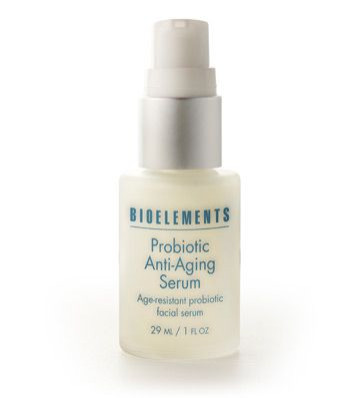Probiotics For Healthier Gut: Do They Work?

KEY POINTS
- Probiotics are good bacteria and yeast that naturally live in the body
- Supplements contain multiple strains of probiotics with a wide range of benefits
- Probiotic-rich foods also do the trick in achieving a healthier gut
Probiotics have become so big in the recent years, and it’s all because of claims and testimonies that they promote optimum gut health and improve overall health. A gastroenterologist has addressed the hype over the products and explained if they really do work.
Probiotics Explained
Probiotics are basically good live bacteria or yeasts that naturally live in the human body, especially in the gut. They keep the body healthy and help its different parts function well. They also fight off bad bacteria.
According to Cleveland Clinic, more bad bacteria proliferate in the system when the body is sick. Probiotics help the body restore the balance by eliminating extra bad bacteria and enhancing the immune system. To ensure that there are sufficient levels of probiotics in the body, one could take supplements or consume probiotic-rich foods and drinks.
Probiotic Supplements
Gut health expert Will Bulsiewicz recently spoke with CNET about probiotic supplements and their promised benefits. According to him, though probiotics come in different strains, their main purpose is one thing: to populate the gut with healthy bacteria. Doing so would lead to a series of health benefits.
“The theory with probiotics is that they mimic the effects of our intact microbiota. In other words, just like our healthy gut microbes, these probiotics should optimize our immune system, reduce inflammation, inhibit the growth of pathogenic bacteria, correct leaky gut and restore gut barrier integrity, reestablish intestinal motility, even improve mood,” Bulsiewicz said.
Harvard Health Publishing also listed the uses of probiotics in the treatment and prevention of certain conditions, and the list included irritable bowel syndrome, ulcerative colitis, diarrhea, vaginal infections, digestive tract infections, urinary tract infections and eczema in children, among others.
Probiotics in Food
Though probiotics are more commonly found in supplement form in health stores and pharmacies, they are also present in certain types of food, particularly those that have been fermented. Yogurt, kefir, sauerkraut and kombucha are good sources of probiotics.
Eating probiotic-rich foods can do the trick in achieving a healthier gut. This is why many food and drink manufacturers have been banking on probiotics to make their products more appetizing to health-conscious consumers. In fact, probiotic-laced beverages have become quite common in recent years.
Unfortunately, relying on fermented foods for probiotics is a bit tricky. For one thing, certain strains of probiotics are not available in yogurt and other fermented food. This is why many people favor probiotic supplements since they come with a range of probiotic strains that offer an array of health benefits.
© Copyright IBTimes 2025. All rights reserved.





















